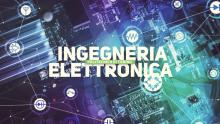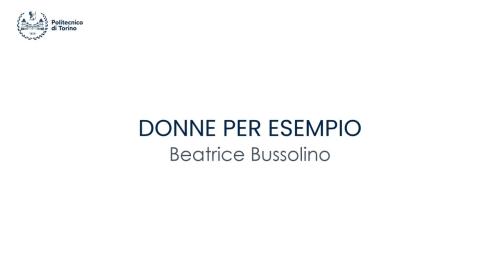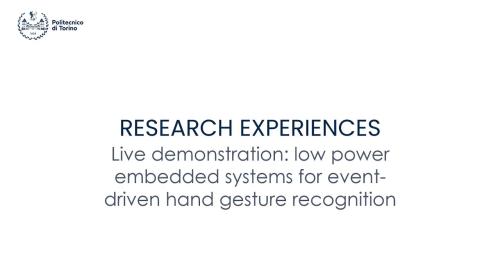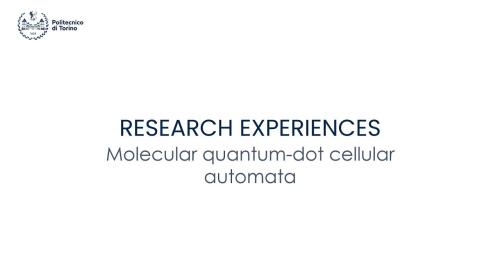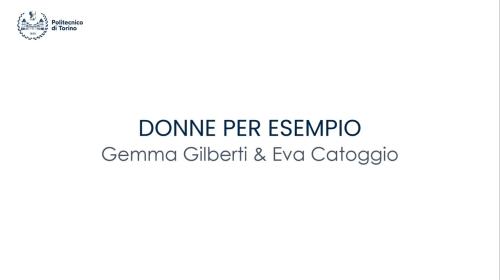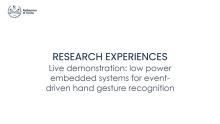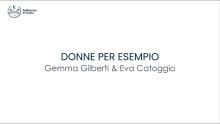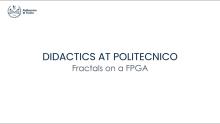Programme overview
Electronics is the basis of modern society and of the majority of common products and services, from smartphones to electromedical instruments.
You will become an Electronic Engineer, a professional who can work in the field of research, design and development at the frontiers of technology. Electronic engineers not only need to use advanced components and methodologies, but also develop new ones, creating innovative applications or with an excellent cost-performance ratio.
This requires the ability to manage complex projects with performance at the limit of technological feasibility, to develop new components and tailor-made subsystems in the form of integrated circuits or System-On-Chip and to use innovative procedures and methods.
The lectronic engineer is one of the most requested figures, given his/her broad set of skills. 90% of our students find a job less than one year after the graduation, while 97,6% of our students find a job within 3 years of the graduation.
Apply here!
Stay updated on research and our study programs via Instagram.
Interested in our Open Days for Master's orientation? Check out the program!
If you want, explore related programs within the ETF college (Electronics, Telecommunications, and Physics) offer.
-
Degree:
Master's degree -
Academic Year:
2026/2027 -
Language:
Italian, English -
Admissions:
Uncapped number of students, evaluation of the admission requirements -
Academic advisor:
-
Degree code:
LM-29: ELECTRONIC ENGINEERING -
Department:
-
Collegio:
-
Campus:
Main Campus
You will have the opportunity to enter both the Double Master’s Degree Programmes with the United States (Chicago, TOP-UIC Special Project), France (Paris/Nice, Eurecom-Paristech), and with the University of Cordoba in Argentina; both in the Mobility Programmes with numerous International Universities.
- EPFL - SWISS FEDERAL INSTITUTE OF TECHNOLOGY LAUSANNE
- TOP-UIC CHICAGO
- KUNGLIGA TEKNISKA HOGSKOLAN (ROYAL INSTITUTE OF TECHNOLOGY) - STOCKHOLM
- TECHNISCHE UNIVERSITAT DARMSTADT
- EURECOM SOPHIA ANTIPOLIS
- INP GRENOBLE - ENSIMAG (CSE)
- TELECOM paristech - PARIS
- INSTITUT NATIONAL DES SCIENCES APPLIQUES DE LYON (INSA)
- UNIVERSIDAD POLITECNICA DE CATALUNYA - ETSETB BARCELONA
- UNIVERSIDAD POLITECNICA DE MADRID - ETSIT
- UNIVERSIDAD POLITECNICA DE VALENCIA - ETSIT
- ECOLE SUPERIEURE D'ELECTRICITE, SUPELEC, PARIS
- GRENOBLE INSTITUTE OF TECHNOLOGY - PHELMA
In addition, During the Second year you can follow an internship in Company to carry out your thesis. You will also be given the opportunity to carry out your thesis abroad, in the following Universities:
- Technische Universität München (GERMANY)
- Fraunhofer AISEC (GERMANY)
- Texas Instruments (GERMANY)
- EPFL University - Lausanne (SWITZERLAND)
- Thales Nederland (NETHERLANDS)
- Imperial University of London - (GREAT BRITAIN)
- LONDON NANOTECHNOLOGY CENTRE (GREAT BRITAIN)
- University College/Tyndall - Cork (IRELAND)
- BUSKERUD AND VESTFOLD UNIVERSITY COLLEGE (NORWAY)
- Polytechnic University of Madrid - (SPAIN)
- UPC - ETSETB - Universitat Politecnica de Catalunya (SPAIN)
- VTT Technical Research Centre of Finland (FINLAND)
- KTH - Kungl. Tekniska Högskolan (Royal Institute of Technology) (SWEDEN)
- University of Illinois in Chicago (USA)
- University of California, Berkeley (USA)
- Harvard-MIT Health Sciences and Technology (USA)
- Khademhosseini Laboratory (USA)
- Spaulding Rehabilitation Hospital (USA)
- Columbia University (USA)
- Jet Propulsion Laboratory in Caltech (USA)
You will be able to become part of special Teams for the design and implementation of a project, to increase your cultural, technical and managerial skills, but which will also be an exceptional tool for student and social aggregation.
Testimonial


Titolo
Contacts, social media and reports
Students services
You can book an appointment from your personal page of the Teaching Portal, 'My academic progress - la mia didattica' tab, 'My bookings - Le mie prenotazioni' portlet.
Social & messaging
Follow us on Instagram! Stay updated on the latest news about the scientific and educational activities of the Department of Electronics and Telecommunications and our study programs.
Online ticketing
Service available for all inquiries on the dedicated page.
